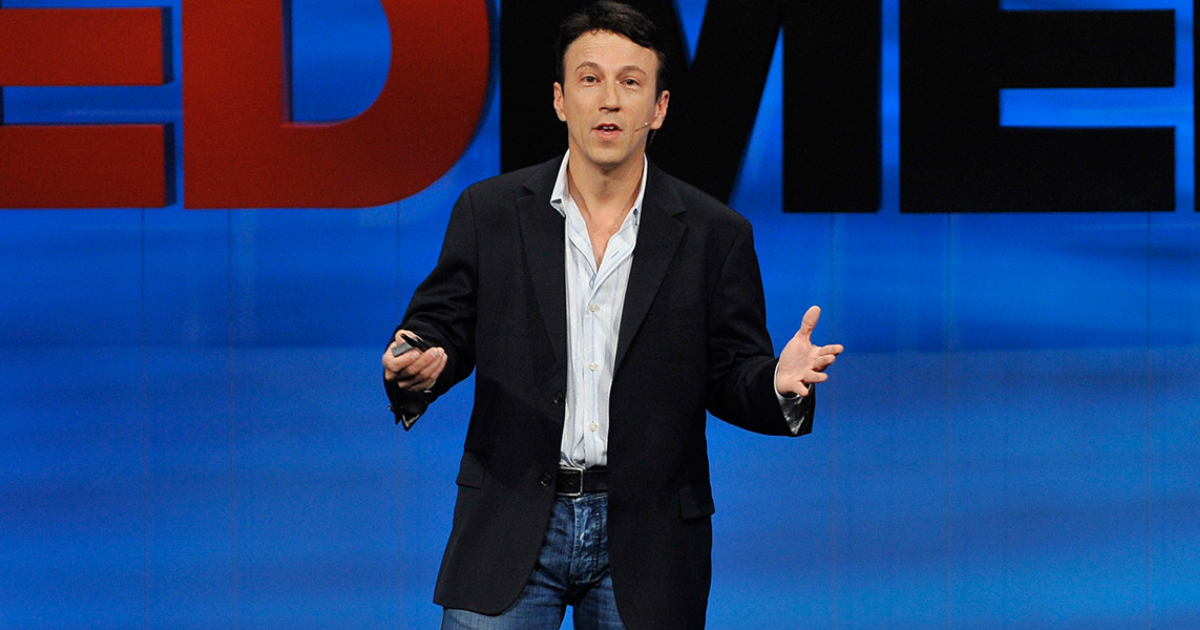As a long-time innovator and Stanford and Harvard-trained physician and scientist, Dr. Daniel Kraft has seen how technological advancements impact patient care and has spoken extensively on the intersection of healthcare and technology.
Kraft, who is also founder and chair of Digital.Health and NextMed Health, and also general partner at Continuum Health Ventures, sat down with MobiHealthNews to discuss how his firm invests in digital health companies and ways in which emerging technologies are and will continue to impact the future of digital healthcare.
MobiHealthNews: What do you think is the current state of digital health?
Dr. Daniel Kraft: In some ways, it’s hard to perceive, but it’s still early. I mean, healthcare is probably the last big industry to get digitized. Of course, we’re still using fax machines and DVD-ROMs to share information. And I would argue that most clinicians, while many more are digital natives, few are yet fully embracing this digital side of health and medicine.
So, you know, I think the challenge is now going between solutions and getting them integrated into workflow and reimbursement so we can really move the needle. So, it’s a time of tremendous opportunity, a lot of innovation, but the rubber hasn’t quite yet met the road.
The classic example is Pear Therapeutics, which just went bust, right? A great solution with a good evidence base and reimbursement but not yet leveraged by enough clinicians. And so part of what needs to happen is there needs to be education for clinicians of all types to understand the art of the possible – what’s here and what’s coming next.
MHN: You’ve seen digital health change so much over time. At this point, what type of digital health companies do you look to invest in?
Kraft: I cofounded a relatively new seed-stage-focused, digital-health-focused fund called Continuum Health Ventures, and we’re seeing a ton of great innovation and entrepreneurs, and it’s arguably a better time to be an investor compared to two years ago when the valuations are a little bit hyperbolic. And so there’s a lot of potential to invest in really quality companies with good key pain points they’re solving for and unmet needs and a path to regulatory and reimbursement.
I think the bigger answer is that people still underestimate how quickly things are moving, and AI and ChatGPT is just a great example. And when we’re building solutions as innovators and digital health entrepreneurs and even as clinicians, we don’t want to be working with a tech stack of 2023. You want to be aware of what’s likely to be here in 2025 and 2033.
We’re looking at what we are going to be able to do with this new era of easy to obtain continuous information, which will lead to like the continuous physical exam, and how are clinicians and healthcare systems going to sift through all that to make it actionable and useful for prevention and longevity, healthspan, diagnostics and therapy.
And so, I think about healthcare as this continuum, from staying healthy and optimizing health to diagnostics, picking up diseases super early, which digital tools can do, and then therapy, which can be enabled, whether it’s digital, therapeutic or using these tools to inform your drug, or your device, or your surgery.
MHN: Where do you see the future of digital health? How do you think it will progress as technology progresses and clinicians start to embrace it more?
Kraft: We’re on the precipice of being able to collect massive amounts of data, right? From wearables, and your digitome and your microbiome and your sociome and your exposome, then start to make sense of that in an integrated, more personalized, precise way.
And so we can now create massive amounts of data and new insights. The trick is translating big data to insights to actionability.
There’s even a whole new field of implementation science. And I think where digital health can also play a role is now moving more quickly from data insights to action, whether that’s for the human, the consumer, the patient, the clinician or the healthcare system. And so I think where it’s heading is to, you know, it’s an overused term, but go from our sick care model of intermittent reactive data collected in the four walls to this near future of continuous proactive, personalized anytime, anywhere care.
And we see sparks of that in different places and in different systems. The trick, again, is aligning the incentives, the workflow, and the payment models to make that change happen more quickly, and of course, COVID was a catalyst for that as well.
And we never talked about AR/VR. I like to call them the Mediverse and that we’re heading to this world with this conversion of generative AI, where I can almost imagine generative health … where you’ll be able to create that sort of health bubble around each individual –the patient and the consumer – that talks to them in their language based on age, culture, language education.
This idea of adaptive health blended with AR/VR/XR can create that kind of user layer that makes it very intuitive to engage.
That’s where this generative health piece can really help engagement because a lot of these digital tools, they often aren’t as sticky. Sometimes they need gamification, sometimes they don’t.
And I think we’ll end up being able to blend the UI with really effective underlying technology and connecting the dots. Because when I think about digital health, it’s really the ability to connect data, insights and connect the dots to care for who you are, where you are and in what setting, including public health and global health. So lots of opportunities, and I think it’s still early days.




